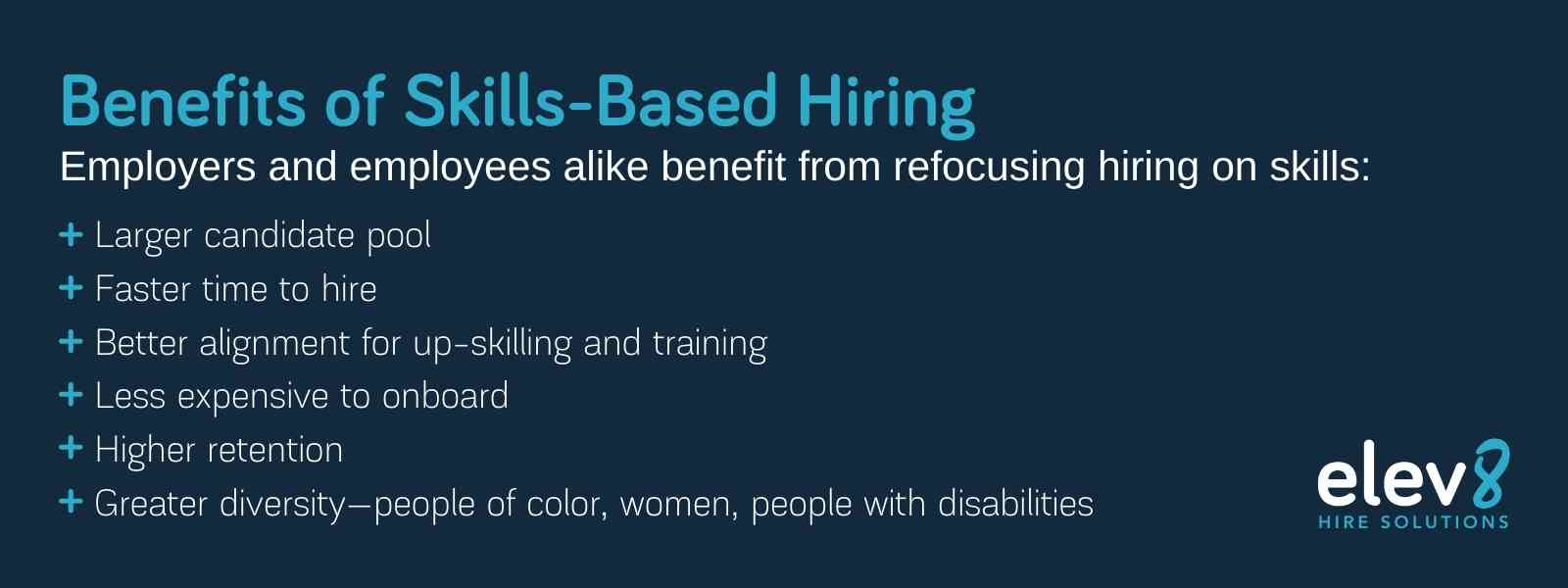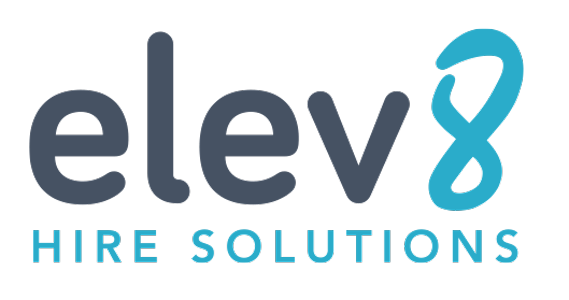
The Shift From Pedigree Based Hiring to Skills Based Hiring
The path to a good job in tech no longer passes through college. Frankly, it’s an outdated mentality that asserts a college degree is a necessity, yet prices it as a luxury. In many ways, it is part of the scaffolding of oppression that America is finally dismantling. This framework penalizes everyone who does not have the time, or the financial ability, to participate in the college experience.
The average 4 year degree saddles more than half (65%) of college-educated adults with an average debt of $39,351. The average student loans take 10 years to repay. To make matters worse, Gallup student poll reports that “Only a third of students believe they will graduate with the skills and knowledge to be successful in the job market (34 percent) and in the workplace (36 percent). This burden no longer appeals to high school graduates. Of the 3.2 million high school graduates in 2019, 66% were enrolled in colleges or universities, down from 70% in 2009.
Tech Unicorns Push Back on College Degrees
A few years ago, some of the biggest tech employers realized that this framework equally penalized companies by unnecessarily restricting their pool of candidates.
Apple went on record to the US government citing patterns of skill-mismatches from college graduates—notably coding. Universities with pre-approved syllabuses can never stay on pace with emerging tech, and most degrees do not involve coding. This is why half of the jobs at Apple no longer require a college degree.

Google also believes you shouldn’t need a college diploma to have economic security, and backed that view with initiatives to create alternatives. They created programs for affordable 6-month career certificates on Coursera, funded millions in grants to help community outreach programs make technology training more accessible, and created 100,000 scholarships for their certificates.
This is smart business. The tech sector is facing a massive battle for talent over the next several years, beginning now. With unemployment in technology at 1.9% this month, and nearly two-thirds of all new jobs created in the last decade requiring digital skills—it is reckless for businesses to continue to require degrees.
What Should Businesses Look For Instead of College Degrees?
Instead of pedigree-based hiring, businesses today should look to skills-based hiring.

“There’s been a proliferation in the ways people learn since the Internet, but hiring practices haven’t shifted,” says Joanna Daly, vice president of talent at IBM in the New York City area. “Skill cycles are faster now, and showing aptitude to acquire skills on your own is going to be important in the future. Businesses need workers who are adaptable.”
These stale hiring practices use education as proxies to weed out candidates, and often wait to assess proficiencies until the final round of interviews. By excluding non degreed job seekers through recruiters or applicant tracking system (ATS) algorithms, businesses eliminate the vast majority of skilled workers for consideration. According to the NSF, in 2017 24% of US science & engineering workers do not have a bachelor’s degree or higher.
That is a big pool of skilled workers.
It makes sense that the largest technology companies recognize this as a threat to their talent pools and hiring pipelines. In 2018, IBM’s Rocket Center facility reported that nearly one-third of the new hires do not have four-year degrees. “In the past, a manager might have said, ‘I need someone with a four-year degree and X years of experience,’ ” said Joanna Daly, vice president of talent at IBM. “Now it’s ‘I need someone who knows how to code in Java.’ ”
How to Do Skills-Based Hiring
Skills-based hiring refers to the practice of employers setting specific skill or competency requirements or targets, and leaving the path to how the candidates achieved them out of the interview process. Skills and competencies typically focus on hard skills such as mathematics or specific coding languages, but may also include soft skills such as being detail oriented or a good communicator.
Skills should encompass both what it takes to do the job, and be part of the team. The assumption here is most jobs require job-specific training, so it is important to focus on what skills would help ease that transition.
1. Define the Skills Required
Talk to the hiring manager to identify the skills needed for the job. Brainstorm on both hard and soft skills. Then, tag those skills into two categories—those that are required, and those that can be acquired on the job. Usually, these skills are separated as required and desired.
2. Define How to Measure Skills
Once you have defined the required and desired skills, consider how each skill can be proven. Some can be identified through the ATS, such as certifications. Others, you may require testing. All skills should be observable, measurable, and assessable, or your interview process will break down. Put these skills and scoring methods into a scorecard, and make sure all interviewers are clear on how to assess candidates in a similar fashion.
3. Write Job Descriptions that Focus on Skills
Once you clearly know the skills required, it is time to write your job description. Be sure to compose your job description to sell candidates on working for your company. This means using standard titles for searches, and avoiding weird titles like ‘ninja’ that can alienate candidates that tend to understate their capabilities—like women and minorities. For more tips on writing a job description, see our post on 5 Tips On How To Write an Attractive, Effective Job Description.
4. Use Assessments to Pre-Screen and Rank Based on Skills
Instead of waiting until the end of the screening process to rate skills, do it first. Use technical skill screening software to make code assessments part of your screening process. Make sure your tool can detect fraud so your candidate pipeline remains clean. Using your scorecard, this will reduce the number of hours dedicated to pre-screens and wasted interviews.
5. Create a Sustainability Program for Skills-Based Hiring
Skills based hiring centers on hiring on skills you can build on—which means it is the employers responsibility to plan on building upon them. As a leader, you need to take active steps to ensure that your employees maintain and grow their skills as required by your business. This can include paired programming, certifications, mentorship or development opportunities that expand employee’s abilities and minimize skill gaps.
Get Help to Improve Your Recruiting Efforts
As digital transformation becomes mainstream, the candidate market is shrinking fast. The best candidates are now buried in productive jobs, and need to be lured from their current positions.
Companies need to rethink how they are finding and securing talent. If your company is struggling to hire, don't wait. Talk to an expert and figure out how to win today—waiting for tomorrow will only make it harder.
External headhunters who nurture large networks of top IT talent like Elev8 and specialize in IT recruiting are your best bet to win in today's Battle for Talent.

